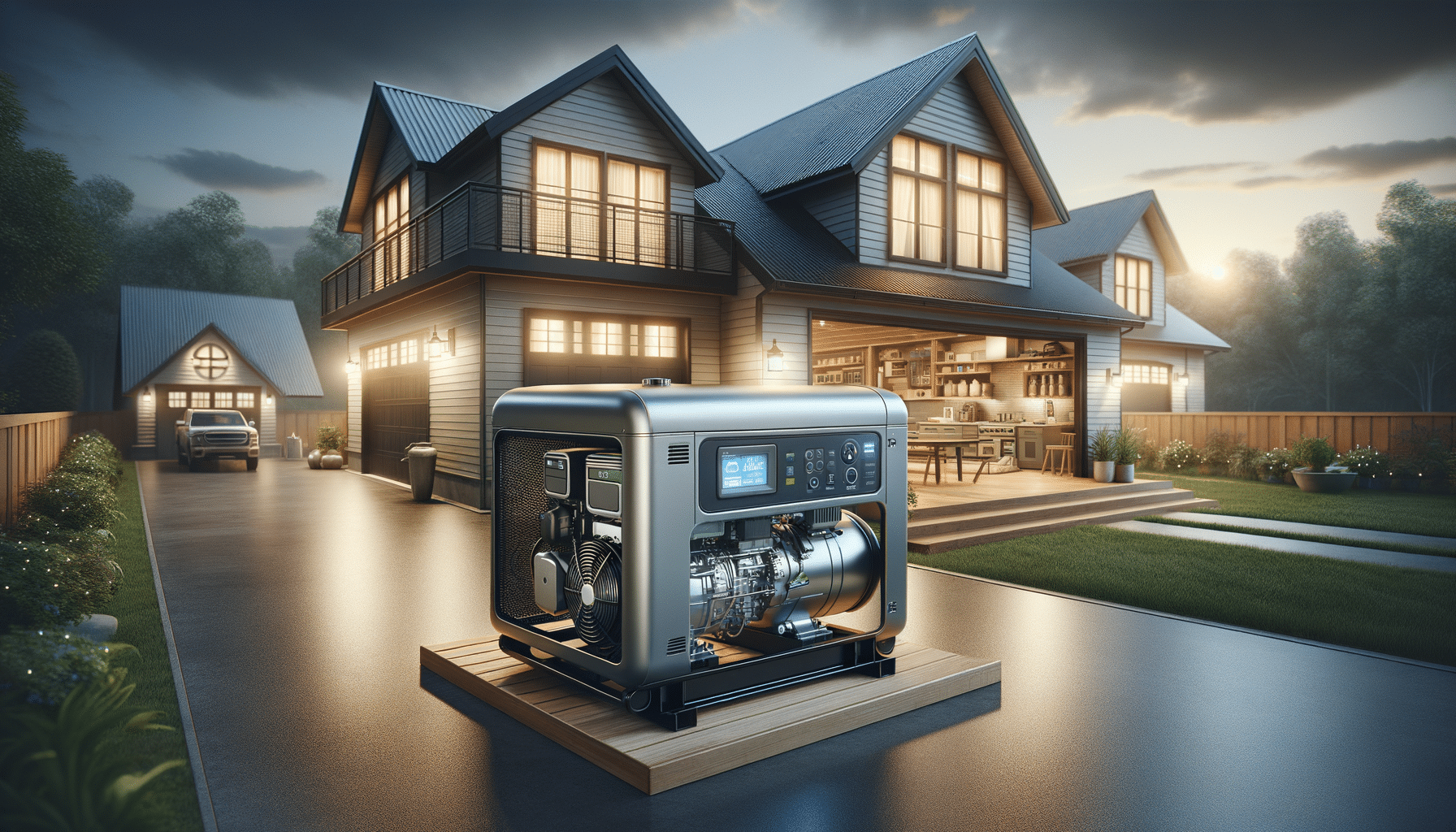
Stay Powered with Reliable Home Generators
Introduction to Home Generators
In today’s world, where power outages can disrupt daily life, having a reliable home generator is a practical solution to ensure uninterrupted power supply. Home generators are invaluable during emergencies, providing electricity to keep essential appliances running. Whether you live in an area prone to storms or simply want to safeguard against unexpected outages, understanding the types and benefits of home generators is crucial.
Home generators come in various sizes and capacities, catering to different household needs. From small portable units to large standby systems, each type serves a specific purpose. This article delves into the features and benefits of home generators, helping you make an informed decision for your home.
Types of Home Generators
Home generators are broadly categorized into portable and standby generators. Each type has its unique advantages and is suited for different applications.
- Portable Generators: These are versatile and can be used for various purposes. They are typically fueled by gasoline or diesel and are ideal for short-term power needs. Portable generators are easy to transport and can be used for outdoor activities as well as during power outages.
- Standby Generators: These are permanently installed systems that automatically provide power during an outage. They are connected to the home’s electrical system and are usually powered by natural gas or propane. Standby generators are more expensive but offer a seamless power solution for prolonged outages.
The choice between portable and standby generators depends on factors such as budget, power requirements, and the frequency of power outages in your area. Understanding the differences can help you select the right generator for your needs.
Key Features to Consider
When selecting a home generator, several key features should be considered to ensure it meets your household’s needs.
- Power Output: Measured in watts, power output determines how many appliances and devices a generator can support. It’s important to calculate your home’s power needs to choose a generator with adequate capacity.
- Fuel Type: Generators can run on various fuels, including gasoline, diesel, natural gas, and propane. Each fuel type has its pros and cons in terms of availability, cost, and storage.
- Noise Level: Generators can be noisy, which might be a concern in residential areas. Look for models with noise-reduction features if quiet operation is important to you.
- Portability: If you need a generator for multiple locations or outdoor activities, portability is a key factor. Portable generators come with wheels and handles for easy transport.
Considering these features will help you find a generator that fits your lifestyle and power needs effectively.
Installation and Maintenance
Proper installation and regular maintenance are essential for the optimal performance of home generators. Standby generators should be installed by professionals to ensure safety and compliance with local regulations. It’s crucial to place the generator in a well-ventilated area to prevent carbon monoxide buildup.
Maintenance involves regular checks and servicing to keep the generator in good working condition. This includes:
- Checking the oil and coolant levels regularly.
- Inspecting and cleaning the air filters.
- Testing the generator periodically to ensure it starts and operates smoothly.
- Scheduling professional servicing annually or as recommended by the manufacturer.
By following these maintenance practices, you can extend the lifespan of your generator and ensure it operates efficiently during emergencies.
Conclusion: Choosing the Right Generator for Your Home
Investing in a home generator is a wise decision to ensure your household remains powered during outages. Whether you opt for a portable generator for its flexibility or a standby generator for its reliability, understanding your power needs and the features of each type is crucial.
Consider factors such as power output, fuel type, noise levels, and portability when making your choice. Additionally, ensure proper installation and maintenance to get the most out of your investment. With the right generator, you can stay powered and comfortable, no matter the circumstances.
Ultimately, the right generator will provide peace of mind, knowing that you are prepared for any power disruptions that may come your way.


